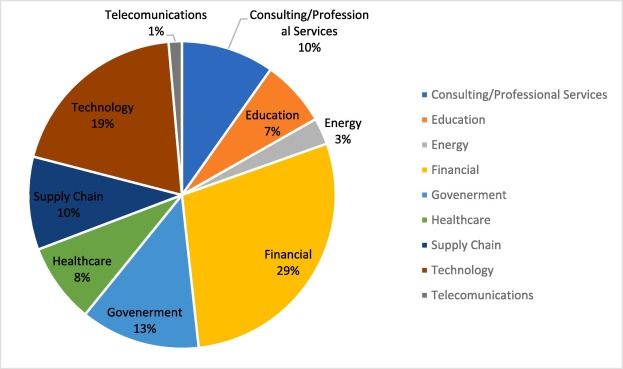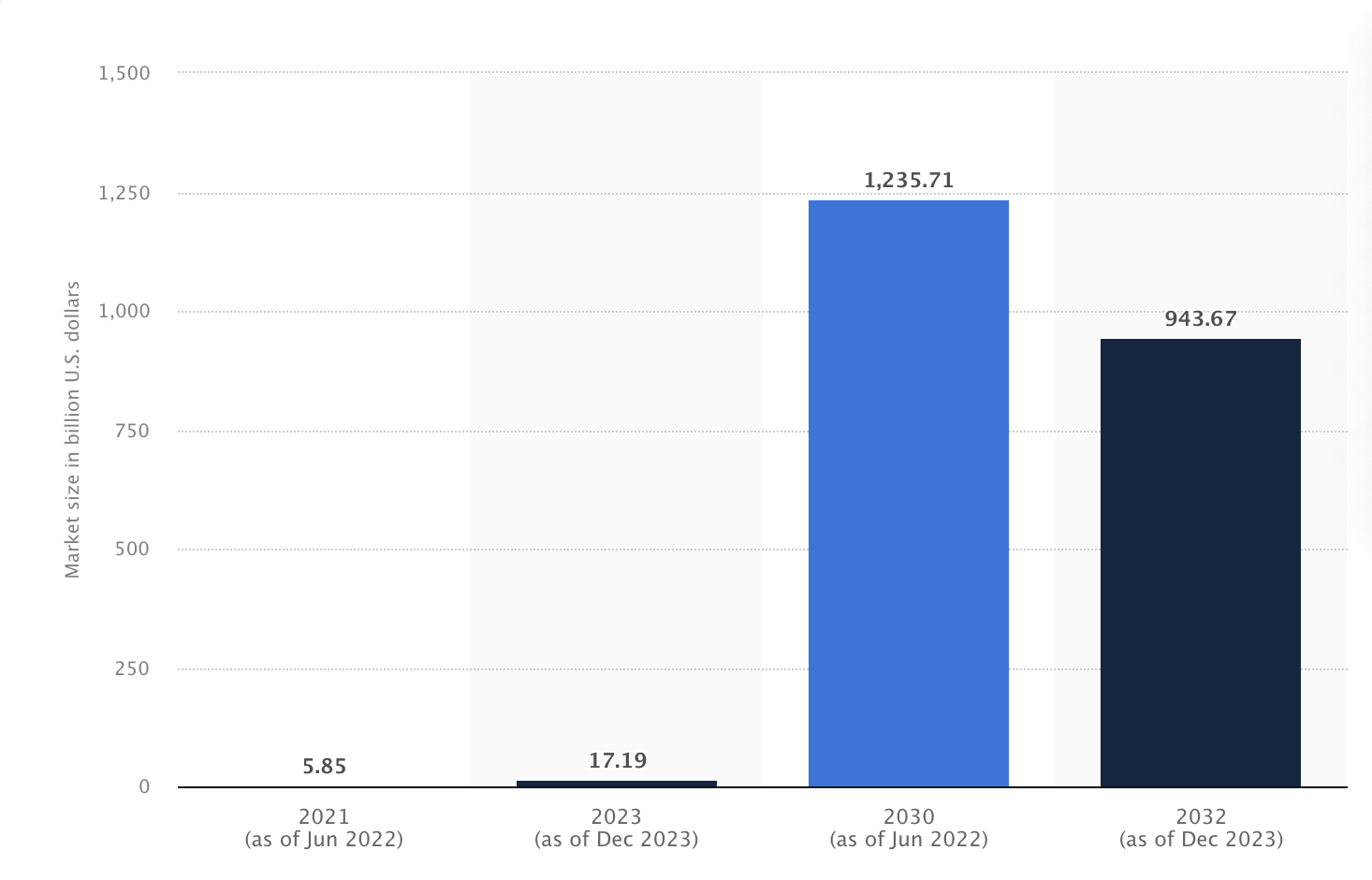As synthetic intelligence (AI) continues to bleed into the smallest corners of on a regular basis life, skepticism about its reliability grows in parallel. Issues about opaque algorithms, unethical information practices, and a scarcity of accountability are pervading public discourse.
BeInCrypto sits down with Matthijs de Vries, founding father of Nuklai, to debate whether or not blockchain will be the answer.
AI’s ‘Black Box’ Drawback, Why Blockchain May Be the Reply
Blockchain is commonly solely mentioned together with cryptocurrency in public discourse. Extra not too long ago, nonetheless, it has emerged as a shocking ally for AI.
AI expertise could possibly change public notion by leveraging blockchain’s capability to create clear, auditable information of information utilization, mannequin coaching, and algorithmic selections.
AI techniques are sometimes dubbed as “black boxes,” making selections with out providing a lot visibility into how these selections are literally made. This lack of readability is particularly problematic in important areas like finance, healthcare, and politics, the place the stakes are excessive. Naturally, this causes the general public view of its reliability to be shaken.
Based on KPMG, three in 5 folks, or 61%, are skeptical about trusting AI techniques. 67% report low to average acceptance of AI. In industries, AI use in human sources is the least trusted and accepted, whereas AI use in healthcare is the most trusted and accepted.
Matthijs de Vries, founding father of Nuklai, believes blockchain provides an answer.
“Blockchain plays a critical role in enhancing transparency and trust in AI by establishing clear ownership of both data and AI models. With blockchain, every transaction and modification is securely logged, creating a clear trail that anyone can verify,” de Vries instructed BeInCrypto in an interview.
Blockchain’s decentralized essence is constructed on transparency, which is a monumental power on this specific context. This method is a game-changer for AI improvement in terms of utilizing information ethically.
“High-quality, large-scale data is critical to AI development, yet access to this data is becoming increasingly restricted. Blockchain offers a way to reward data contributors fairly and ensure ethical data usage,” de Vries stated.
Blockchain and AI in Science and Finance
That is particularly related in healthcare. Based on Frontiers in Digital Well being, blockchain-backed AI instruments in healthcare can improve information safety and enhance affected person belief by facilitating clear data-sharing practices.
That is paramount as AI instruments grow to be extra reliant on a breadth of various datasets to keep away from biases. If blockchain integration had been to materialize, healthcare techniques may be sure that their AI instruments are skilled correctly and may safeguard affected person info.
In finance, blockchain is already changing into a cornerstone for transparency. Based on the Journal of Business Analysis, the banking sector accounts for practically 30% of blockchain adoption, making the trade its greatest supporter, and for good cause.

Blockchain can assist monitor AI techniques utilized in fraud detection or funding administration, securing information integrity and regulatory adherence. This mixture is highly effective as monetary establishments combine AI techniques into decision-making processes that require appreciable accountability and public belief.
Developments in Different Sectors
Past these sectors, blockchain-backed AI may enhance transparency in politically delicate areas. AI techniques in public coverage or election monitoring might face scrutiny for unclear algorithms. Blockchain’s ledger information each AI resolution step, guaranteeing verifiability and added accountability.
One in all blockchain’s most important contributions to AI is its skill to resolve disputes. Blockchain offers an immutable document of information and processes, providing indeniable proof for AI bias accusations. The identical logic applies to artistic industries like AI advertising and marketing, the place it may possibly deal with mental property points or commercial fraud.
“Blockchain cuts out the middlemen and gives you proof that things are real. This builds trust between advertisers, publishers, and consumers. It also helps stop ad fraud, making sure advertisers get what they pay for,” one researcher famous in a letter.
Blockchain doesn’t solely assist shoppers to belief advertisers. It helps the advertising and marketing corporations get their jobs completed as properly. One of many largest points dealing with conventional advertisers is the dearth of transparency in advert monitoring and verification. Consequently, businesses battle to know if actual folks really see their adverts.
Blockchain solves this by making a everlasting document of advert views, clicks, and different interactions. The expertise additionally mitigates direct communication between advertisers and publishers, chopping out middlemen like advert networks or businesses altogether.
Addressing Scalability and Interoperability Challenges
Regardless of all this potential, integrating blockchain with AI is not any stroll within the park. Scalability stays a considerable impediment. Blockchain networks, by design, require substantial computational energy, and mixing them with resource-draining AI techniques exacerbates the problem.
Based on a SpringerLink research, many blockchain platforms marketed as “production-ready” are nonetheless in experimental phases, with frequent updates inflicting compatibility points. These limitations make it troublesome to implement blockchain options at scale, particularly for complicated AI initiatives.
Interoperability is one other query mark. A research printed in IEEE Xplore stresses the dearth of standardization throughout blockchain platforms, which creates fragmentation and slows down adoption. Resulting from these inconsistencies, builders battle to combine blockchain techniques with present AI frameworks.
“The user experience within Web3 remains a significant barrier. Many tools and platforms are not yet intuitive, creating a steep learning curve for those new to blockchain development,” de Vries added.
But, there’s progress on the horizon. Collaboration throughout industries and open-source improvement are paving the best way for scalable and user-friendly blockchain options. De Vries believes there’s hope but.
“We’re seeing an increase in joint efforts and ecosystem-building, where multiple projects work together to develop shared frameworks and solutions,” de Vries concluded.
As blockchain adoption grows, estimated by Statista to succeed in a world market dimension of $1.2 trillion by 2032, the mixing of those applied sciences may redefine belief in techniques that influence the worldwide group.

Whereas some could also be more and more skeptical of synthetic intelligence, blockchain delivers a path to transparency. It ensures that machines don’t merely assume however assume responsibly. Whether or not safeguarding affected person information, optimizing monetary techniques, or holding AI techniques accountable, blockchain could be the saving grace to finish AI’s woes.
Disclaimer
Following the Belief Venture tips, this characteristic article presents opinions and views from trade consultants or people. BeInCrypto is devoted to clear reporting, however the views expressed on this article don’t essentially replicate these of BeInCrypto or its employees. Readers ought to confirm info independently and seek the advice of with knowledgeable earlier than making selections based mostly on this content material. Please observe that our Phrases and Circumstances, Privateness Coverage, and Disclaimers have been up to date.







